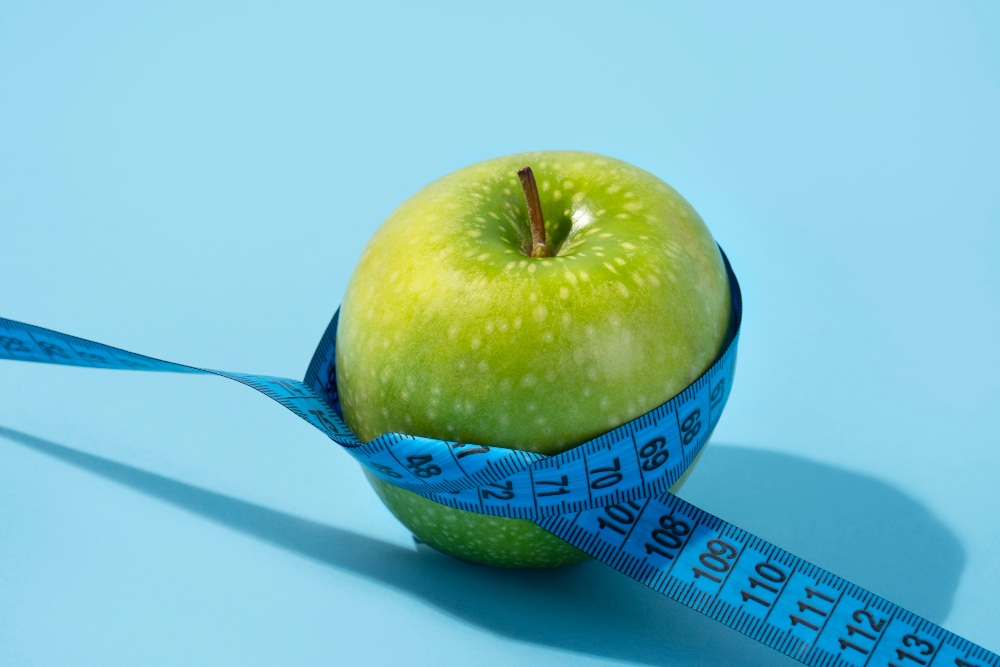
Introduction: Why Natural Weight Loss Matters
In the fast-paced world of fitness, it’s easy to fall into the trap of fad diets, extreme workout routines, or miracle supplements. But for those who truly want lasting results, natural weight loss offers a healthier, more sustainable path. This isn’t about shortcuts or unrealistic transformations overnight. It’s about understanding your body, building good habits, and respecting the process.
Understanding Body Fat and Metabolism
Weight loss begins with understanding how your body stores and burns fat. Excess body fat usually accumulates due to a consistent calorie surplus eating more than your body burns. Metabolism plays a crucial role here. It’s the rate at which your body converts food into energy. Although many believe a “slow metabolism” is to blame for weight gain, in reality, lifestyle choices often affect metabolism more than genetics do.
A sedentary lifestyle slows down metabolic function. On the other hand, daily physical activity, even light movement, increases metabolic efficiency. Natural weight loss isn’t about punishing workouts; it’s about encouraging your metabolism to work in your favor.
Choosing a Workout That Fits Your Life
One of the most overlooked aspects of fitness is sustainability. People often quit because they try routines that don’t match their lifestyle. The best exercise is one you enjoy and can stick with long-term. Whether it’s brisk walking, cycling, swimming, dancing, or resistance training, consistency matters more than intensity.
Short daily workouts, as little as 20–30 minutes, can be extremely effective when done regularly. This includes bodyweight exercises like squats, push-ups, and lunges, or light dumbbell routines. These movements increase heart rate and stimulate muscle growth, which helps in fat burning.
Importance of Daily Activity Beyond the Gym
Weight loss doesn’t start and stop in the gym. Non-exercise activity thermogenesis (NEAT) includes everything you do that burns calories outside of structured workouts walking your dog, gardening, cleaning, or even fidgeting. Incorporating more movement throughout the day significantly boosts your calorie expenditure.
Taking the stairs instead of the elevator, walking instead of driving short distances, or standing while working can contribute to steady fat loss over time. These small habits often add up faster than expected.
Building a Sustainable Eating Pattern
Diet plays a huge role in weight loss, but it doesn’t need to involve starving yourself or cutting out entire food groups. A sustainable eating pattern means focusing on nutrient-dense foods: whole grains, lean proteins, healthy fats, fruits, and vegetables.
Natural weight loss supports eating when you’re hungry and stopping when you’re full. It’s not about eliminating rice or bread but about portion control and making smarter food choices. Replacing sugary snacks with nuts or fruit and choosing grilled over fried foods can make a big difference over time.
Hydration is another underrated tool. Drinking enough water not only supports digestion and metabolism but also helps manage hunger levels.
The Role of Sleep and Stress in Fat Loss
Sleep and stress might seem unrelated to weight, but they’re critical. Poor sleep disrupts hormones like ghrelin and leptin, which control hunger and satiety. Chronic sleep deprivation leads to increased appetite and cravings for high-calorie foods.
Stress releases cortisol, a hormone that promotes fat storage, especially around the abdomen. Managing stress through techniques like mindfulness, breathing exercises, yoga, or hobbies reduces cortisol levels and supports weight loss.
A calm mind contributes as much to your body’s transformation as the food you eat or the workouts you perform.
Tracking Progress Without Obsession
Monitoring progress helps you stay on track, but it doesn’t mean obsessing over the scale. Weight can fluctuate due to many factors, including water retention or muscle gain. Instead of daily weigh-ins, focus on how your clothes fit, your energy levels, or your endurance during workouts.
Taking monthly photos or journaling how you feel can be powerful motivation tools. These qualitative measurements reflect real progress far better than a number on the scale.
Creating a Routine That Lasts
Weight loss is not a temporary project it’s a lifestyle change. The goal isn’t to get thin fast, but to become healthier, stronger, and more confident over time. Create a routine that fits into your daily life, not one you feel forced to maintain.
Find workouts that feel good, eat foods that nourish your body, and let progress happen naturally. Allow yourself occasional indulgences without guilt balance is key.






